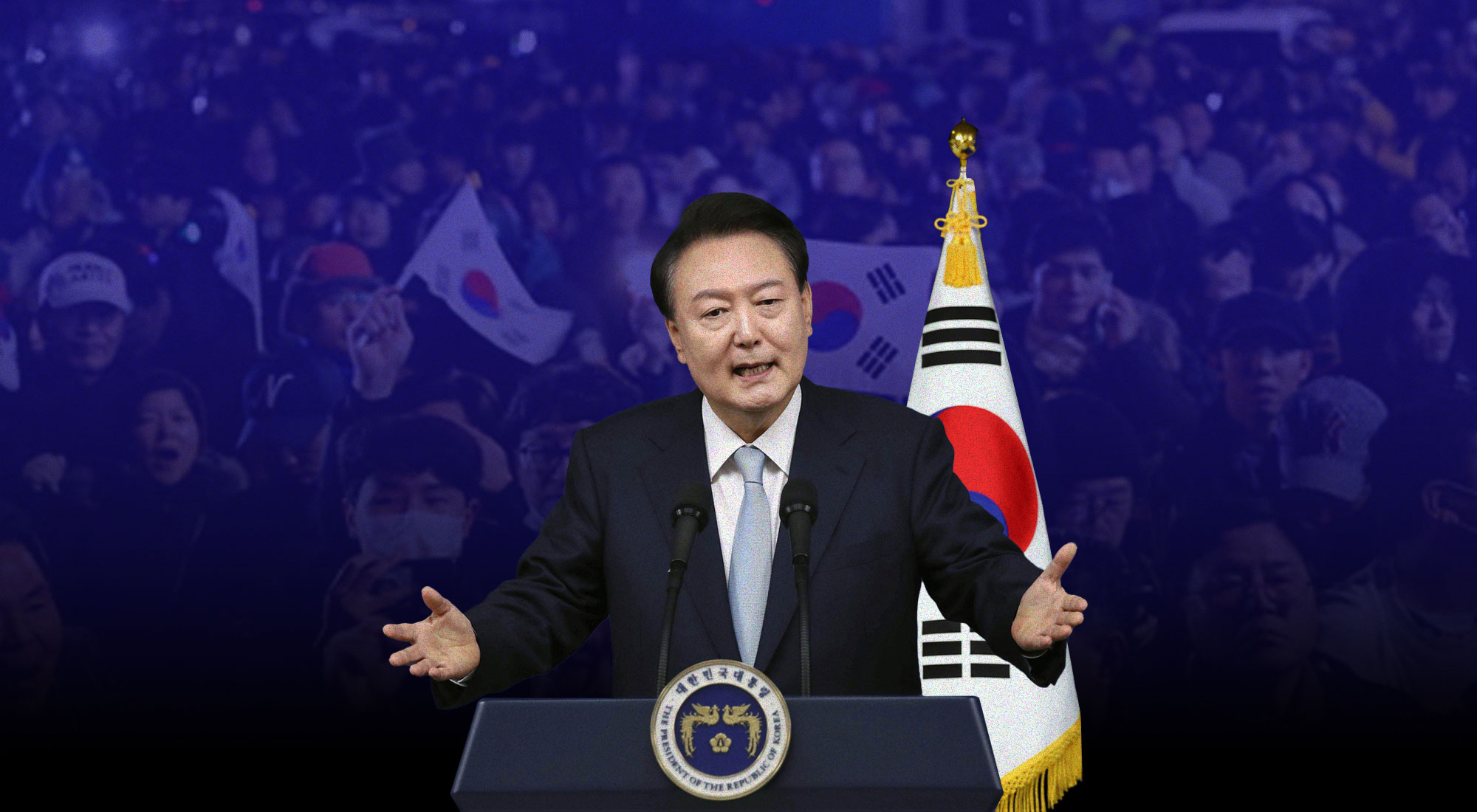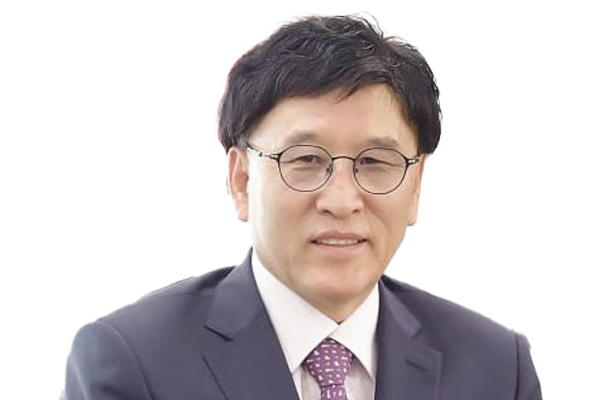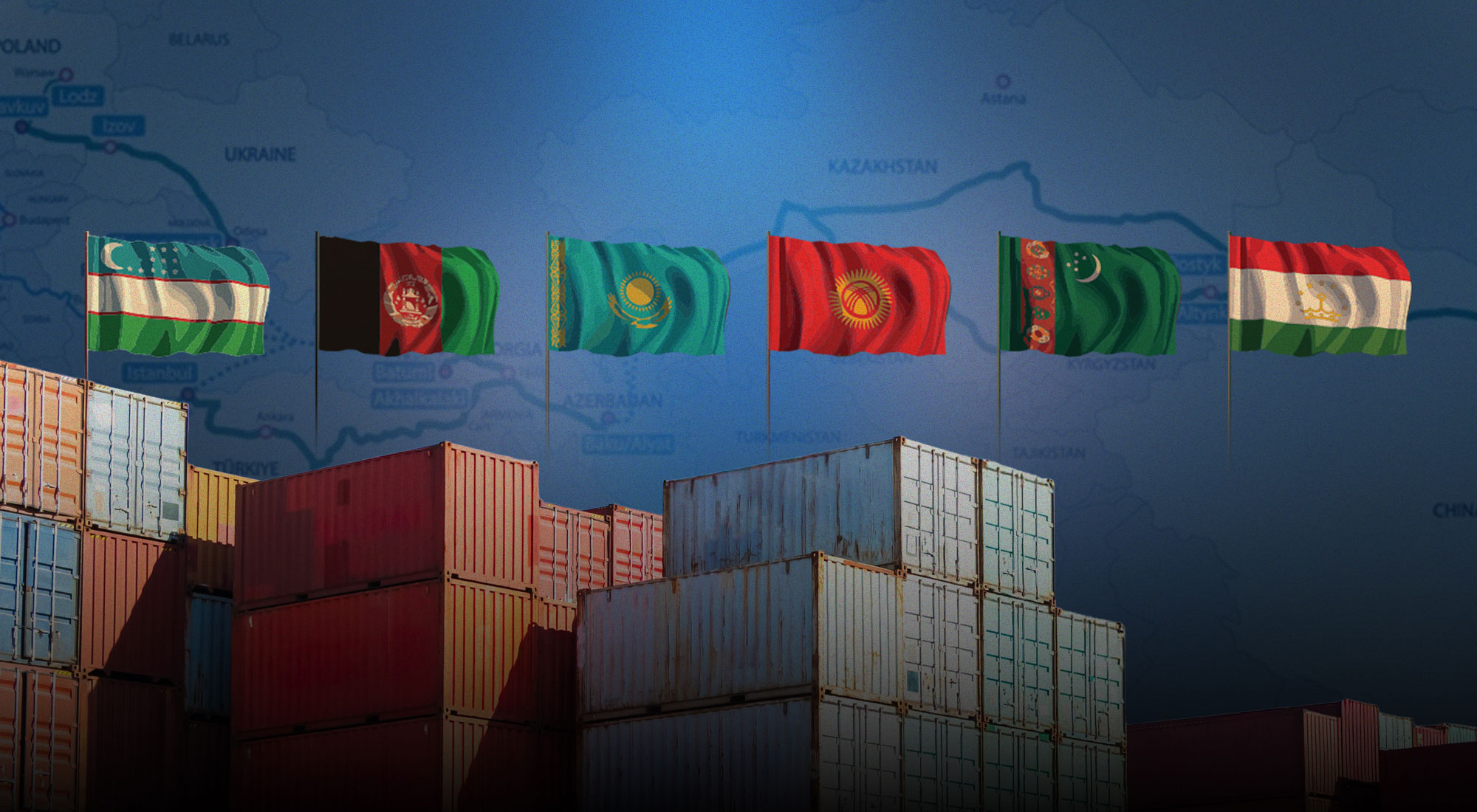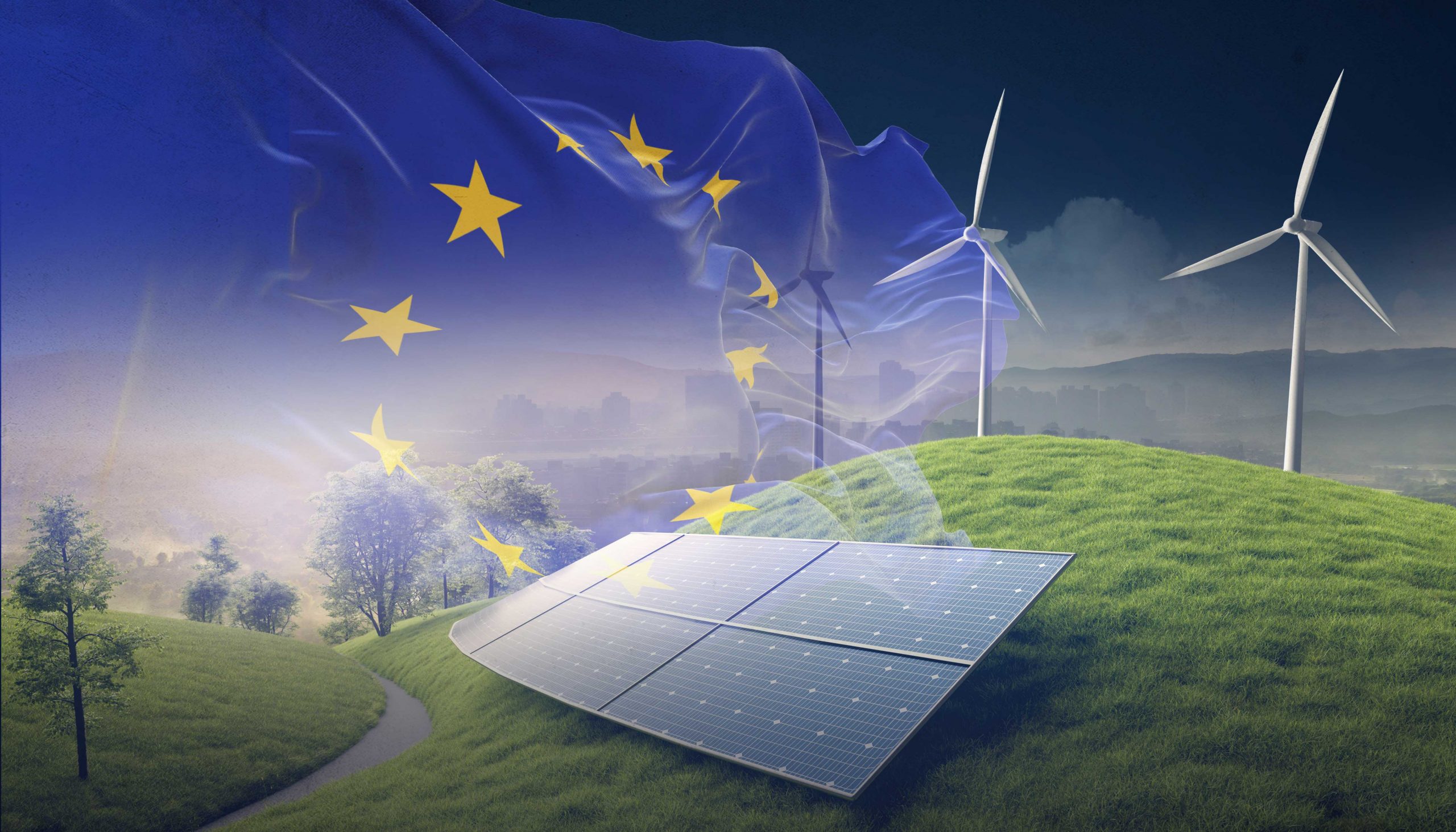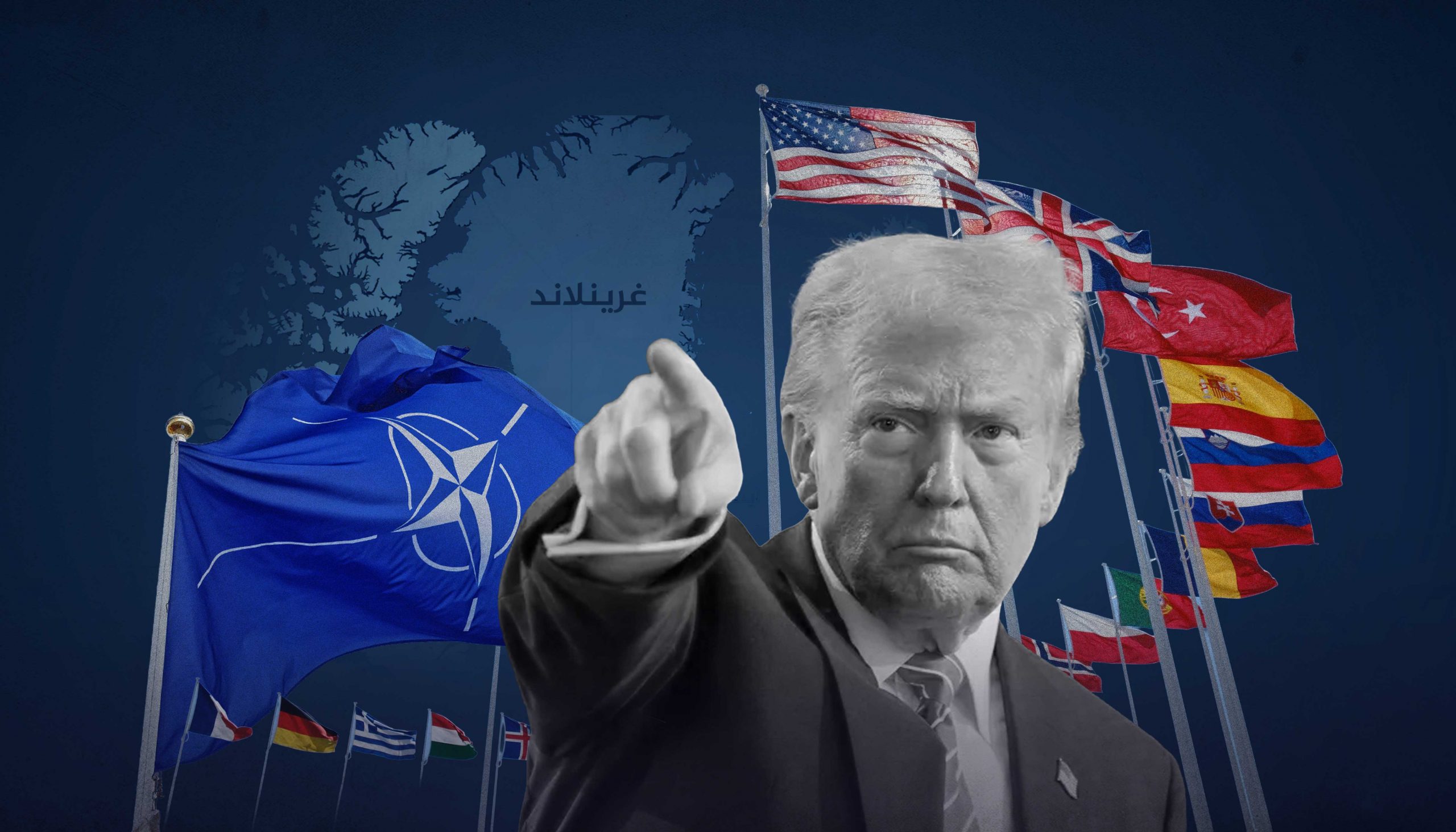At 10:27 PM on December 3rd of last year, President Yoon Suk-yeol declared a shocking and unprecedented state of emergency in South Korea, a nation ranked among the top ten global economies. The announcement was broadcast live both domestically and internationally across multiple TV channels. It marked the first emergency declaration in 45 years.[1] Some citizens found it hard to believe, saying, “Such a thing is unimaginable in 21st-century South Korea.” The lack of preparation and clumsy media coverage led many to question whether the event was real. Even I initially suspected it might be fake news. But the President solemnly declared:
“Dear citizens, I hereby declare a state of emergency to protect the Republic of Korea from the threat of North Korean communist forces, and to eradicate the shameless pro-North, anti-state forces who are depriving our people of their freedom and happiness, in order to uphold our free constitutional order.”
Following this announcement, a small number of military personnel were dispatched to the National Assembly and the National Election Commission. This was not fiction—it was reality. In response, thousands of citizens and lawmakers gathered at the National Assembly, the sanctuary of the people’s will, to defend it. Lawmakers physically clashed with the emergency troops at the tightly shut main gate, eventually forcing it open to enter the main assembly hall. They swiftly convened an emergency session, secured the necessary quorum, and at 1:01 AM on 4 December 2024, passed a resolution demanding the lifting of the state of emergency. This was made possible due to defections from the ruling People Power Party (PPP).
Later that same day at 4:30 AM, following a cabinet meeting, President Yoon approved the cancellation of the emergency declaration. In just six hours, an extraordinary, almost dreamlike event had unfolded. Those who had gone to bed early were entirely unaware that it had even happened. Later on 4 December, the first impeachment motion against the president failed to pass due to insufficient votes. However, on 14 December, [2] a second impeachment motion was introduced and passed with 204 votes—surpassing the two-thirds threshold of the 300-seat parliament—after 12 members of the ruling party defected. At the time, the PPP held 108 seats, while opposition parties controlled 192. For a presidential impeachment to pass, at least 200 votes are required.
After the impeachment motion was passed, it was immediately sent to the Constitutional Court. Political parties were divided over the legitimacy of President Yoon’s declaration of martial law, and the public was also split between pro- and anti-emergency camps, fueling ongoing protests. On weekdays and especially on weekends and holidays, cities across the country were engulfed in massive demonstrations on both sides. Supporters of the emergency declaration cited the President’s claims of “29 ministerial impeachments, reckless legislative actions, attempted budget cuts for 2025, and North Korean threats” as causes of governmental paralysis. Meanwhile, opponents highlighted “threats to constitutional order, a return to military dictatorship, abuse of power, and the need to defend democracy.”
Within the ruling party, lawmakers such as Cho Kyung-tae argued that the president’s martial law declaration was unconstitutional. While some members of the PPP wavered, others supported the legitimacy of the declaration for various reasons, and some remained silent or indifferent. Even among President Yoon’s supporters, public backing began to erode, with some believing the martial law declaration was a mistake. Yoon insisted it was a warning to the opposition, but for many critics, it only confirmed that he had become an impeachable president. The impeachment trial proceeded at the Constitutional Court, with the first hearing held on 14 January. A total of eleven hearings took place by 25 February. The area around the Constitutional Court was packed with demonstrators from both sides to the extent that local businesses could no longer operate normally. Citizens began to judge the justices based purely on speculation and rumor. The final ruling was significantly delayed.
On 14 April—111 days after the impeachment bill was passed—the Constitutional Court issued a 114-page ruling listing six key reasons for upholding the impeachment and removing President Yoon from office:
- Declaration of martial law
- Deployment of military and police forces to the National Assembly
- Proclamation No. 1
- Raid of the National Election Commission
- Arrest order for legal professionals
Thus, the four-month-long national crisis appeared to come to an official end—at least on the surface.
Why Was Martial Law Declared?
Former President Yoon was a prosecutor with no political background. He was appointed Prosecutor General in July 2019 by then-President Moon Jae-in. During a parliamentary confirmation hearing while serving as a regional prosecutor, Yoon made a now-famous statement: “I pledge allegiance to no one.” This remark earned him public recognition as a principled and resilient prosecutor.
However, after his appointment, Yoon began indicting key figures in the Blue House on charges of abuse of power. Former Justice Minister Cho Kuk and his wife, Professor Jung Kyung-shim, were sentenced to prison over admissions fraud and scholarship-related allegations involving their children. Cho was found guilty after Yoon took office and is currently serving his sentence. President Moon had supported Cho, and as the conflict deepened, Yoon resigned just four months before the end of his term—right as the presidential election approached.
At the time, the opposition People Power Party struggled to find a strong candidate, and Yoon was nominated. He narrowly defeated his opponent, Democratic Party candidate Lee Jae-myung by just 0.7%.[3] But for the inexperienced new president, politics proved far from easy. The opposition, holding a parliamentary majority, blocked him at every turn, submitting 29 impeachment motions and making governance extremely difficult. Regardless of the circumstances, former President Yoon should have approached the situation with patience and communication. Instead, he kept his intentions secret, confiding only in his close aide, Defense Minister Lee Jong-seop, and even excluding the prime minister.
Then, without warning and for the reasons previously discussed, Yoon abruptly declared martial law. South Korea is not a developing country, and many citizens—along with members of Yoon’s own party—were displeased with the decision. The opposition viewed the martial law declaration not as a response to a national crisis, but as a scheme to cover up numerous scandals involving the First Lady. These alleged scandals included:
- Suspicions of election interference
- Accusations of academic plagiarism
- Fabricated career records
- Alleged stock manipulation linked to Deutsche Motors
- Real estate speculation involving her mother
The truth behind these allegations remains known only to the parties involved. Now, the impeachment process has concluded. President Yoon also had to address issues surrounding his wife from the beginning of his term, constantly under attack from the opposition. Each time a scandal arose, his public statements fell short of convincing the people. Ultimately, the situation stemmed from a lack of communication with the opposition and a failure to actively engage with public opinion—leading to this unprecedented outcome.
Presidential Election Candidates
Following the Constitutional Court’s dismissal of President Yoon in April, South Korea is scheduled to elect its 21st president on 3 June. According to the Constitution, a successor must be elected within 60 days in the event of a presidential vacancy, death, or disqualification. As a result, previously dormant political contenders began moving swiftly toward the presidential race. Recent polls show that Lee Jae-myung, former leader of the Democratic Party of Korea (DPK), is the frontrunner across both progressive and conservative camps with over 40% public support. On 9 April, Lee officially declared his candidacy, stating, “I will form a pragmatic government focused on national interests through practical reform and addressing polarization.”
Within the DPK, Lee competed against former Gyeonggi Governor Kim Dong-yeon and former South Gyeongsang Governor Kim Kyung-soo. Through three rounds of debates held on 18, 23, and 25 April, Lee secured an overwhelming victory on 27 April, winning more than 80-90% of votes across all five regions. His rivals only garnered 3-5%, making the gap between first and second place enormous. Due to Lee’s dominance, the DPK’s primary lacked public excitement.
In contrast, the minor opposition parties have a few nominal candidates such as Lee Jun-seok of the Reform Party, Kwon Young-guk of the Justice Party, Kim Jae-yeon of the Progressive Party, and independent Hwang Kyo-ahn, but none are gaining significant support.
As of 8 May, the ruling PPP was yet to finalize its candidate. Initially, 11 people expressed interest in running, but three were eliminated in the document screening phase. In the first round of primaries, four frontrunners emerged: former Labor Minister Kim Moon-soo, former Daegu Mayor Hong Joon-pyo, former Justice Minister Han Dong-hoon, and Representative Ahn Cheol-soo. In the second round, Kim and Han advanced to the final stage. After a fierce contest, Kim Moon-soo was selected as the PPP’s presidential candidate on 3 May following a runoff vote held on 29 April. Kim received 56.53% of the votes, defeating Han, who garnered 43.47%. The electoral college was composed of 50% dues-paying party members and 50% general public opinion.
However, a major twist occurred within the ruling PPP. Han Duck-soo, former prime minister and acting President, who had not clearly declared his candidacy, resigned on 1 May and entered the race on 2 May. Some speculate he was encouraged by a phone call with Donald Trump on 8 April. Rumors have circulated that senior party figures and elders urged him to run, and this has now become a major political controversy.
The PPP leadership is reportedly pressuring Kim Moon-soo to unify with Han Duck-soo, particularly as some polls show Han slightly ahead of Lee Jae-myung. However, politics is an unpredictable field, and it’s difficult to foresee who the most suitable candidate will eventually be. Although the two anti-Lee candidates have met twice, they have failed to reach a unification agreement. According to party rules, once a candidate is selected, they receive full authority over party affairs. Despite this, the leadership is not treating Kim as the official nominee, instead giving him the cold shoulder. Kim, in turn, appears unwilling to concede to Han, who is not even a party member and lacks political experience.
Han and PPP leaders have accused Kim of breaking his repeated promise during the primaries to unify with Han if Kim won. Han has declared that he will withdraw if unification is not achieved. With Lee Jae-myung’s strong 40% support, the PPP’s internal disarray is frustrating to many observers.
Reportedly, the PPP plans to conduct a follow-up preference poll of party members on 9 May to determine the final nominee. If Han replaces Kim via this method, Kim may take legal action, arguing that a legitimate nominee cannot be replaced through a mere poll with a non-party candidate. Nevertheless, the leadership prioritizes electoral victory and may proceed with the switch. Kim, a former leftist activist now seen as a hardliner on the right, may struggle to win moderate support. He was outspoken during the impeachment crisis, criticizing the martial law declaration but also defending his rationale. If he becomes the final candidate and debates Lee, the issue of martial law will likely resurface. With the Constitutional Court’s ruling against the emergency declaration, a repetition of his past views may alienate voters. Kim may revise his political stance, as politicians often change positions for strategic reasons. In his campaign launch, he said, “With clean ethics and liberal democracy, I will surpass Lee Jae-myung and make Korea great again.”
Han Dong-hoon, once heralded as a rising star, had led the impeachment effort against President Yoon and served as Justice Minister and party leader under him. He emphasized political reform and middle-class-focused growth as core visions. Meanwhile, veteran politician Hong Joon-pyo, known for his bold rhetoric and extensive experience, was considered a competitive candidate but withdrew from politics after failing to make it to the final round.
Many party members criticize the leadership for sidelining them in favor of Han, who they see as an outsider trying to “put a spoon on a set table.” The opposition sees the PPP’s candidate handling as anti-democratic and a ploy to control both the presidency and next year’s local elections. Even those who paid enormous campaign costs are voicing resentment, saying they were used as props to promote Han. Leadership accountability is likely to become a hot issue after the election. There are even widespread rumors that former President Yoon is the invisible hand behind the current party leadership. Some conservatives rally behind the slogan “Yoon Again,” calling for an illegal but symbolic return of the former president.
Lee Jae-myung, a left-leaning candidate, has recently met with several right-wing figures in an effort to reshape his image.
He is promoting “no political retaliation” and prioritizing economic revival. Still, many remain skeptical of his sincerity due to his past rhetoric. Each party must finalize candidate registration with the National Election Commission between 10 and 11 May. With Lee’s solid support base of over 40% and a likely unified ruling-party candidate, a two-way race is expected. Polls show 50-62% of the public supports a change in government.
Although Lee has made efforts to appeal to conservatives and moderates, he is traditionally anti-American and pro-China. This stance may alienate many Koreans, who are wary of excessive government benefits for foreigners, especially Chinese nationals. If he weakens ties with the U.S. and pivots toward China or Russia, he may face fierce backlash.
Lee reaffirmed in his 9 April speech that he aims to form a pragmatic, national-interest-driven government focused on resolving polarization and reform. The ruling bloc is planning to launch a final anti-Lee coalition and unify its candidates under a “big tent” strategy. Politics is unpredictable, so the outcome remains to be seen.
One major variable is the youth vote. Traditionally leaning toward the opposition, young voters are beginning to shift toward the ruling camp. Their influence in the election is hard to gauge. Many citizens are exhausted by the endless political bickering, but they quietly await the chance to choose a new captain to steer the ship of state. South Korea, which has achieved both industrialization and democratization with almost no natural resources, now stands at a pivotal crossroads.
Recently, a few major developments have emerged that may influence the election. On 1 May, the Supreme Court returned Lee Jae-myung’s election law violation case to the Seoul High Court with a guilty ruling implication. The DPK called this a “judicial coup.” Although the first hearing was initially set for 15 May, it has been postponed until 18 June—after the election. In preparation for a Lee presidency, the DPK passed laws to suspend ongoing trials for sitting presidents by revising the Criminal Procedure Act and the Public Official Election Act.
The ruling party and legal scholars argue that this legal maneuver is an abuse of power designed to shield Lee from prosecution, as he currently faces five trials on eight cases and 12 charges. The opposition warns that such legislative overreach—where a 51% majority imposes harsh laws on the 49% minority—may come back to haunt them. Both the people and the flow of history tend to follow the path of fairness.
Crisis in South Korea
South Korea is currently facing numerous pressing issues in the absence of a sitting president. Above all, the upcoming presidential election must be conducted fairly, and urgent countermeasures must be developed against former President Trump’s tariff bombshell. This responsibility should have squarely fallen on the shoulders of Prime Minister Han Duck-soo, who is serving as acting president. However, rather than fulfilling that duty, Han, who had been biding his time, suddenly chose to enter the race as a candidate, further disrupting the political landscape.
As acting president, Han Duck-soo had the duty to remain a neutral referee. Instead, he allowed himself to be swept up by surrounding pressure and ambition, choosing to become a player rather than a judge. A lifelong bureaucrat with a reputation for integrity, he is now jeopardizing that public image in pursuit of a hasty political entry. In the author’s view, Han will eventually withdraw from the race after his rivalry with Kim Moon-soo unfolds.
When Han announced his candidacy, Choi Sang-mok, the Deputy Prime Minister for Economic Affairs and third in the power hierarchy, would have become acting president. However, Choi immediately submitted his resignation. As a result, Lee Ju-ho, the Deputy Prime Minister for Education and fourth in line, is now acting as the acting president. The Korean people are witnessing a never-before-seen succession phenomenon unlike anything observed in global politics.
Moreover, as a divided nation, South Korea must always remain alert to the threat from North Korea. There is no room for complacency. On 3 April, Trump’s second administration imposed a 25% tariff on South Korea. Though implementation was delayed by 90 days, many see the measure as excessively harsh—even toward allies. At a time when decisive diplomatic leadership was required, Prime Minister Han and his cabinet should have been tirelessly working for the people. Instead, his resignation for presidential ambitions gives the impression of shirking responsibility.
On 24 April, Deputy Prime Minister Choi Sang-mok and Minister of Trade, Industry, and Energy Ahn Duk-geun led a delegation made up of eight ministries to the U.S. for trade negotiations. They proposed mutual and beneficial cooperation aimed at assisting both economies. Minister Ahn suggested joint contributions toward revitalizing the U.S. shipbuilding industry and requested the exemption of South Korea from certain product-specific tariffs. The negotiations were the first official discussions and proceeded in a friendly atmosphere. Both nations agreed to continue working-level talks and high-level follow-ups.
Finally, if Lee Jae-myung—currently the most likely candidate and defendant in five separate trials—wins the presidency, it remains unclear what will happen to those legal proceedings. South Korea may once again be plunged into a legal and political whirlwind. All of this is arguably the result of the judiciary’s prolonged delays and failure to adhere to procedural discipline.
If the possibility of a “President Lee Jae-myung” materializes and his trials are legally suspended, the issue of judicial fairness will provoke ongoing backlash from the opposition and the public. The consequences are unpredictable, and there is a real possibility that the nation could once again be drawn into serious turmoil.
What the New President Must Do
Due to its geopolitical position, South Korea has experienced more than 900 foreign invasions throughout its history. With scarce natural resources, the country has long depended on its human capital, making education a top national priority. The passion Korean parents have for their children’s education is unmatched anywhere in the world. However, South Korea is currently suffering from severe political division.[4] Political debates often lead to broken friendships, a division deepened and exploited by partisan politicians. The next president and future political leaders must focus on six fundamental tasks:
- Restoring Constitutional Order and the Rule of Law: To regain public trust, the law must be applied equally and consistently to everyone, without exception. The public expects that the same standards of law that were applied to former President Yoon will also be applied fairly to former Democratic Party leader Lee Jae-myung, who is currently on trial—regardless of the outcome.
- Achieving National Unity and Social Consensus: Bringing back those who have sacrificed their daily lives to engage in bitter political hostilities is essential. Just as politicians have fueled polarization, they are also responsible for leading the path toward healing and reconciliation. Many young people, disillusioned with the current state of politics, are calling for a generational turnover of political leadership.
- Reviving the Economy and Restoring a Fair Economic System: South Korea’s current economic growth rate is under 1%.[5] The next administration must create a business-friendly environment where companies can invest and operate freely. It must rebuild an economic system grounded in merit and fair competition—not privilege and corruption—to regain the trust of the middle and working classes. Welfare policies that recklessly use public funds for short-term popularity must be avoided. Growth should not be sacrificed for populism.
- Once Again Demonstrating the Resilience of the Korean People: In December 1997, due to poor governance, reckless borrowing, capital flight, and a credit crunch, Korea was forced to seek an IMF bailout. Yet through sweeping reforms and a national gold donation campaign, Koreans overcame the crisis in just 3 years and 8 months. The world was astonished by Koreans’ collective determination and patriotism.[6]
- Reforming Politics and Restructuring Power: The imperial nature of South Korea’s presidential system must be addressed through institutional reforms that decentralize and balance power. Electoral laws that allow 51% of the vote to completely marginalize the remaining 49% must also be urgently revised.
- Restoring International Trust and Revitalizing Diplomacy: South Korea has established diplomatic relations with 193 countries. From the ruins of war in 1953 to becoming the world’s 10th-largest economy, its success has been due to visionary leadership, national unity, and international cooperation. Diplomacy must now be restored through energy and trust. Many Koreans say that while most sectors of the country have modernized, politics remains underdeveloped. If Korea’s politicians can face this reality and focus on unity and global engagement, the nation’s dignity will shine once again.
On 3 June, the people of South Korea will elect a new president. The author hopes that this new leader will rise above ideological conflicts and focus solely on the future—protecting liberal democracy, contributing to global peace, and calmly steering the great ship that is South Korea so that all its passengers may sail smoothly toward a brighter tomorrow.
[1] On 26 October 1979, following the assassination of President Park Chung-hee, martial law was declared in South Korea.
[2] The number of members of the 22nd National Assembly (2024.5.30~2028.5.29) in the Republic of Korea consists of 300 members, including 253 elected through voting and 47 proportional representation seats according to the percentage of votes. The first impeachment motion was not established, and the second impeachment motion requires the approval of two-thirds (200 people) of the quorum of the lawmakers in the resolution, which was passed by 204 votes, with 198 votes from the opposition party and some lawmakers who opposed the People Power Party joining together.
[3] Kim Gyu Hyok, “The candidate won by a margin of 0.73 percentage points,” Accessed on May 5,2025, https://h21.hani.co.kr/arti/politics/politics/51707.html. Opposition candidate Yoon Suk-yeol was elected as the 20th president by a margin of 247,077 votes, defeating the ruling party candidate Lee Jae-myung by 0.73%. The exit poll results released on the evening of the election day, 9 March 2022, also predicted that President-elect Yoon would lead candidate Lee by 0.6 percentage points.
[4] “I cut off a friend of ten years because of political ideology,” Last modified February 27,2025, https://gall.dcinside.com/board/view/?id=dcbest&no=309112.
[5] “Korea: 1% GDP growth to prompt further rate cuts,” Capital Economics, February 19, 2025, https://www.capitaleconomics.com/publications/asia-economics-focus/korea-1-gdp-growth-prompt-further-rate-cuts.
[6] Frank Holms, “How Gold Rode To The Rescue Of South Korea,” Forbes, September 27,2016, https://www.forbes.com/sites/greatspeculations/2016/09/27/how-gold-rode-to-the-rescue-of-south-korea/.; “South Korea’s gold collection campaign draws public support,” The Minnesota Daily, January 7, 1998, https://mndaily.com/239978/uncategorized/south-koreas-gold-collection-campaign-draws-public-support/.



